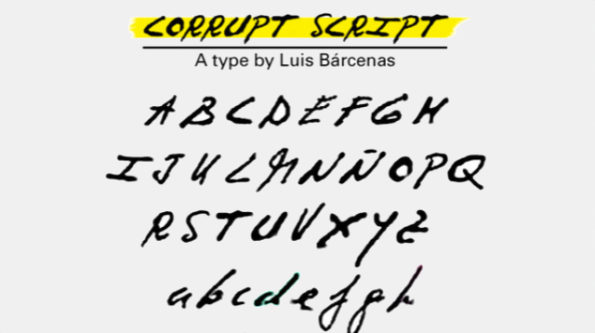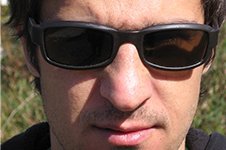Search
To search for an exact match, type the word or phrase you want in quotation marks.
A*DESK has been offering since 2002 contents about criticism and contemporary art. A*DESK has become consolidated thanks to all those who have believed in the project, all those who have followed us, debating, participating and collaborating. Many people have collaborated with A*DESK, and continue to do so. Their efforts, knowledge and belief in the project are what make it grow internationally. At A*DESK we have also generated work for over one hundred professionals in culture, from small collaborations with reviews and classes, to more prolonged and intense collaborations.
At A*DESK we believe in the need for free and universal access to culture and knowledge. We want to carry on being independent, remaining open to more ideas and opinions. If you believe in A*DESK, we need your backing to be able to continue. You can now participate in the project by supporting it. You can choose how much you want to contribute to the project.
You can decide how much you want to bring to the project.

However hard one tries, it’s hard to understand what Theodor Adorno wanted to say when he wrote that “cultural criticism follows the synopsis of society’s reactionary critics, who employ creative capital against vulture capital”.
It is well known that the complexity of Adorno is amplified by the difficulty of translating it from the German original. Some of its meaning can be derived from its context. This phrase can be found in the essay “Kulturkritik und Gesellschaft” (“Cultural Criticism and Society”), where the philosopher reconsiders the contradictions that arise when criticism is subject to the dictates of culture, which in turn can’t escape being part of the market. What draws one’s attention in this sentence are the two opposing concepts, “creative capital” against “vulture capital”.
This other elusive and journalistic concept, so-called contemporaneity, would seem to be the place where both ideas acquire a first consistency. Contemporaneity is a necessary yoke for criticism, being entirely dependent on it in order to exist. Without contemporaneity, maybe criticism could exercise a function that specifically originated in pre-capitalist times.
Nowadays, creative capital is at the service of power and the useless creativity that inundates social networks, like Facebook, becomes the only available place for the old concept of the town, or the more recent and technical citizen, to manifest its critique of power through irony, mockery, and the symbolic derision of political and economic authorities. Its uselessness ends up being indispensable as far as the public sphere is concerned. With regards to vulture capital, the thread of corruption in Spain is sufficient to discover its meaning.
Age-old pillaging, or theft with violence, now seems like that other phase, that of the accumulation of capital, the phase of capitalist expansion, where the accumulation of capital by just a few out of necessity responded to the subsequent exploitation of many others. The violence in theft is now highly subtle, and vulture capital the abstract súmmum of rape and pillage.

Peio Aguirre writes about art, film, music, theory, architecture and politics, amongst other subjects. The genres he works in are the essay and meta-commentary, a hybrid space that fuses disciplines on a higher level of interpretation. He also (occasionally) curates and performs other tasks. He writes on the blog “Crítica y metacomentario” (Criticism and metacommentary).
"A desk is a dangerous place from which to watch the world" (John Le Carré)